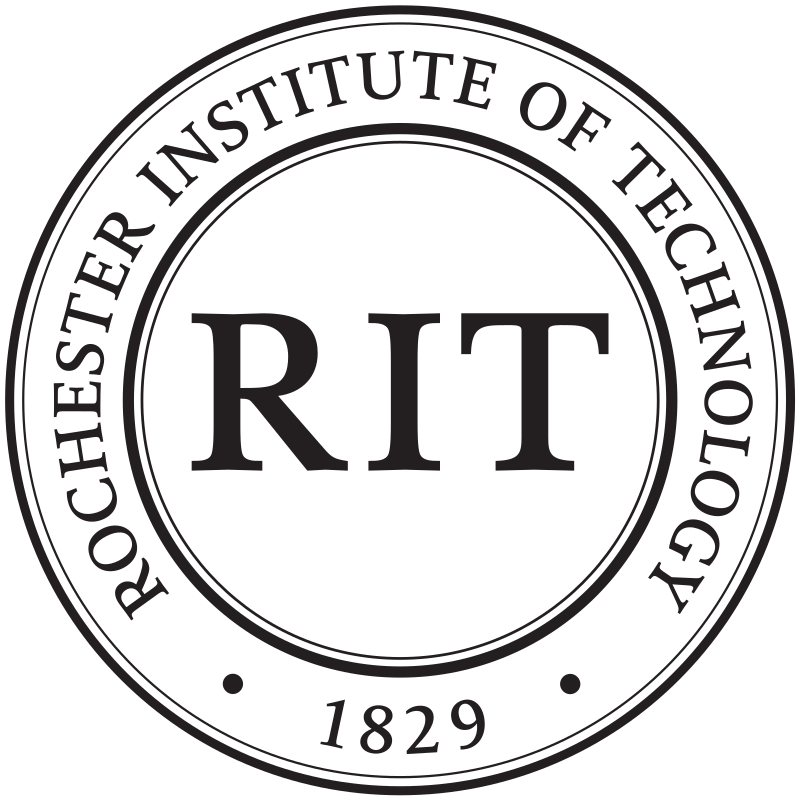
Foreign Education Consultants
Typically replies within minutes
Foreign Education Consultants
Hi There,
How can I help you?

Foreign Education Consultants
Typically replies within minutes
Foreign Education Consultants
Hi There,
How can I help you?
Get university recommendations.
Create SOP for free
Direct university communication
Track your application
Online payments
Don't have an account?
Get university recommendations.
Create SOP for free
Direct university communication
Track your application
Online payments
Already have an account?
Get university recommendations.
Create SOP for free
Direct university communication
Track your application
Online payments
Got your password?

Application Fee
A sustainable engineering degree that allows you to reduce a product’s environmental effects at every stage of its lifecycle–from conception, development, and prototyping to commercialization, recycling, and disposal.Sustainable engineering refers to the integration of social, environmental, and economic considerations into the design of products, processes, and energy systems. Additionally, sustainable engineering encourages the consideration of the complete product and process lifecycle during the design effort. The intent is to minimize environmental impacts across the entire lifecycle of a product or process while simultaneously maximizing the benefits to social and economic stakeholders. This environmental engineering degree builds on RIT’s work in sustainability research and education, and offers students the flexibility to develop tracks in areas such as renewable energy systems, systems modeling and analysis, product design, and engineering policy and management.
Educational objectives
The sustainable engineering degree is designed to accomplish the following educational objectives:
The MS in sustainable engineering builds on RIT’s work in sustainability research and education and offers students the flexibility to develop tracks in areas such as renewable energy systems, systems modeling and analysis, product design, and engineering policy and management. Course work is offered on campus and available on a full- or part-time basis. Technical in nature, the program equips engineers with the tools they need to meet the challenges associated with delivering goods, energy, and services through sustainable means. In addition to basic course work in engineering and classes in public policy and environmental management, students are required to complete a research thesis directly related to sustainable design challenges impacting society. Many of these thesis projects support the sustainability-themed research being conducted by RIT faculty in the areas of fuel-cell development, life-cycle engineering, and sustainable process implementation.
Students must successfully complete four required core courses, two graduate engineering electives in an area of interest (such as energy, modeling, manufacturing and materials, transportation and logistics, or product design and development), one social context elective, one environmental technology elective, two semesters of Graduate Seminar, and a thesis. This research-oriented program is designed to be completed in two years.
Sustainable Engineering, MS degree, typical course sequence
Course Sem. Cr. Hrs.
First Year
ISEE-771 Engineering of Systems I 3
ISEE-785 Fundamentals of Sustainable Engineering 3
ISEE-786 Lifecycle Assessment 3
ISEE-795 Graduate Seminar* 0
MECE-629 Renewable Energy Systems 3
Engineering Electives
6
Second Year
Technology Elective
3
Social Context Elective
3
Choose one of the following:
6
ISEE-788 Project with Paper, plus one Engineering Elective
ISEE-790 Thesis
ISEE-792 Engineering Capstone, plus one Engineering Elective
Total Semester Credit Hours
30
Admission Requirements
To be considered for admission to the MS program in sustainable engineering, candidates must fulfill the following requirements:
Tuition fee-2 years1,06,000
Total fee-2 years1,44,000



